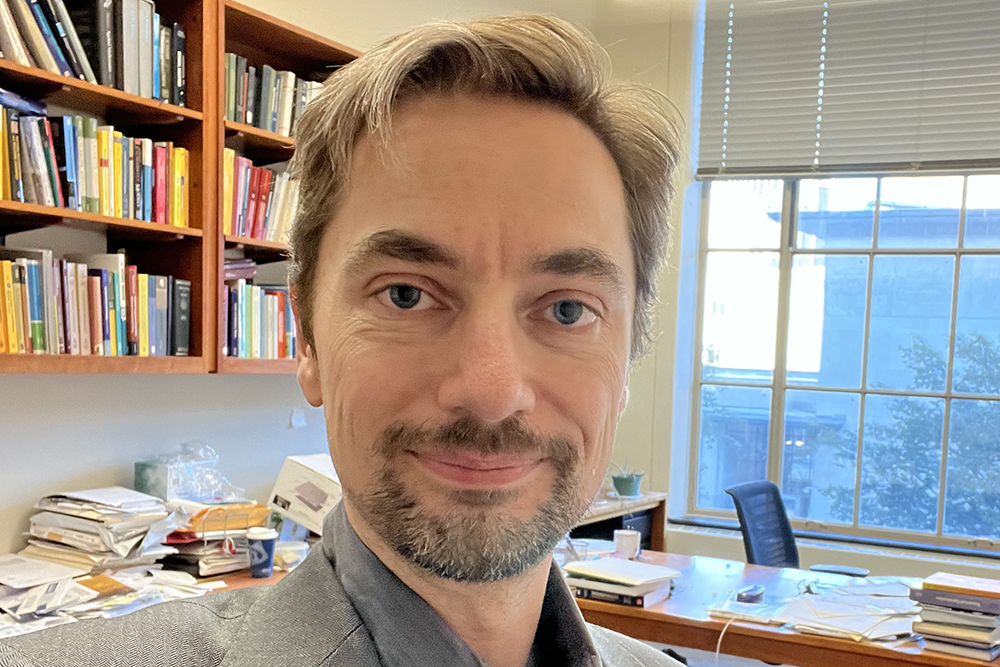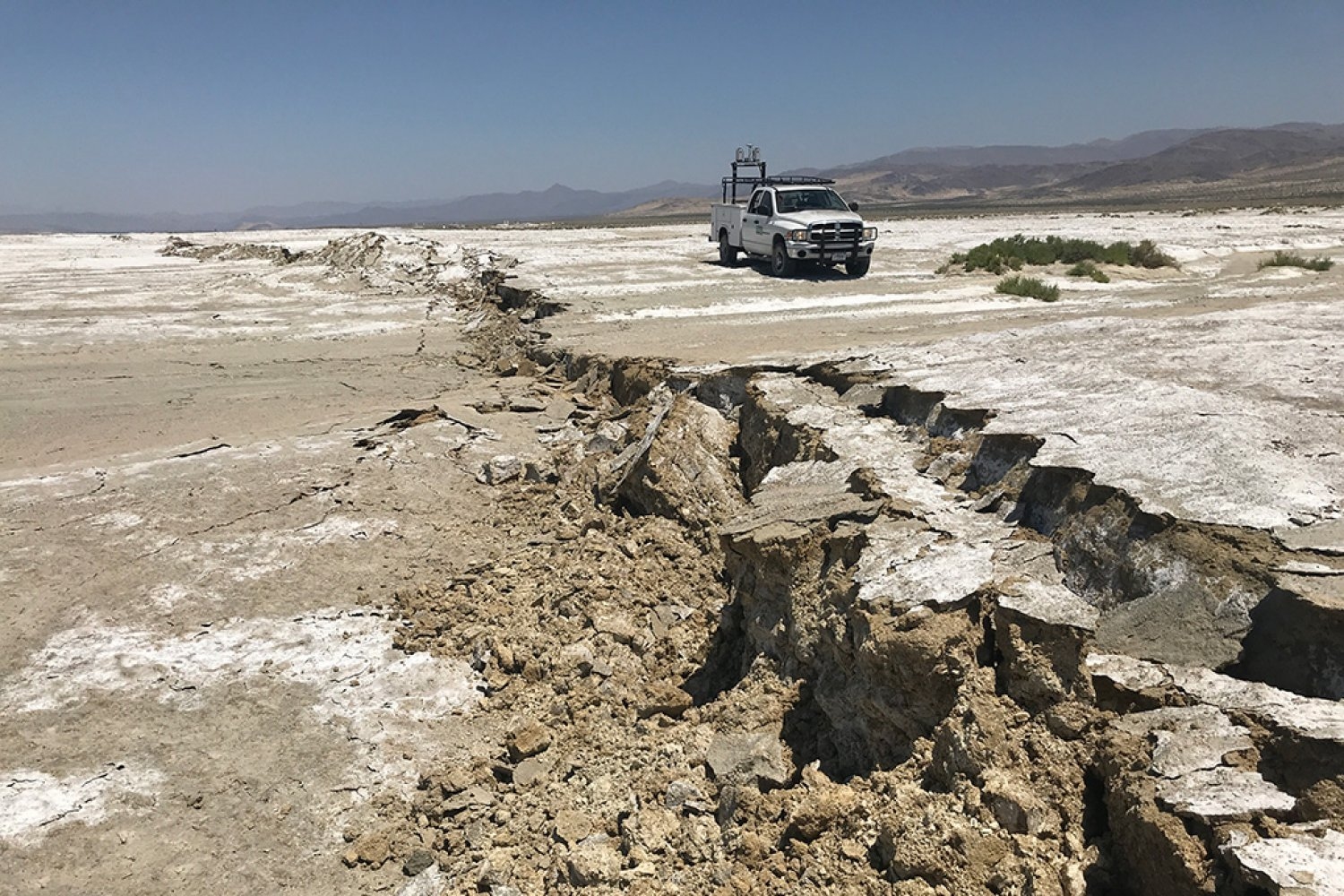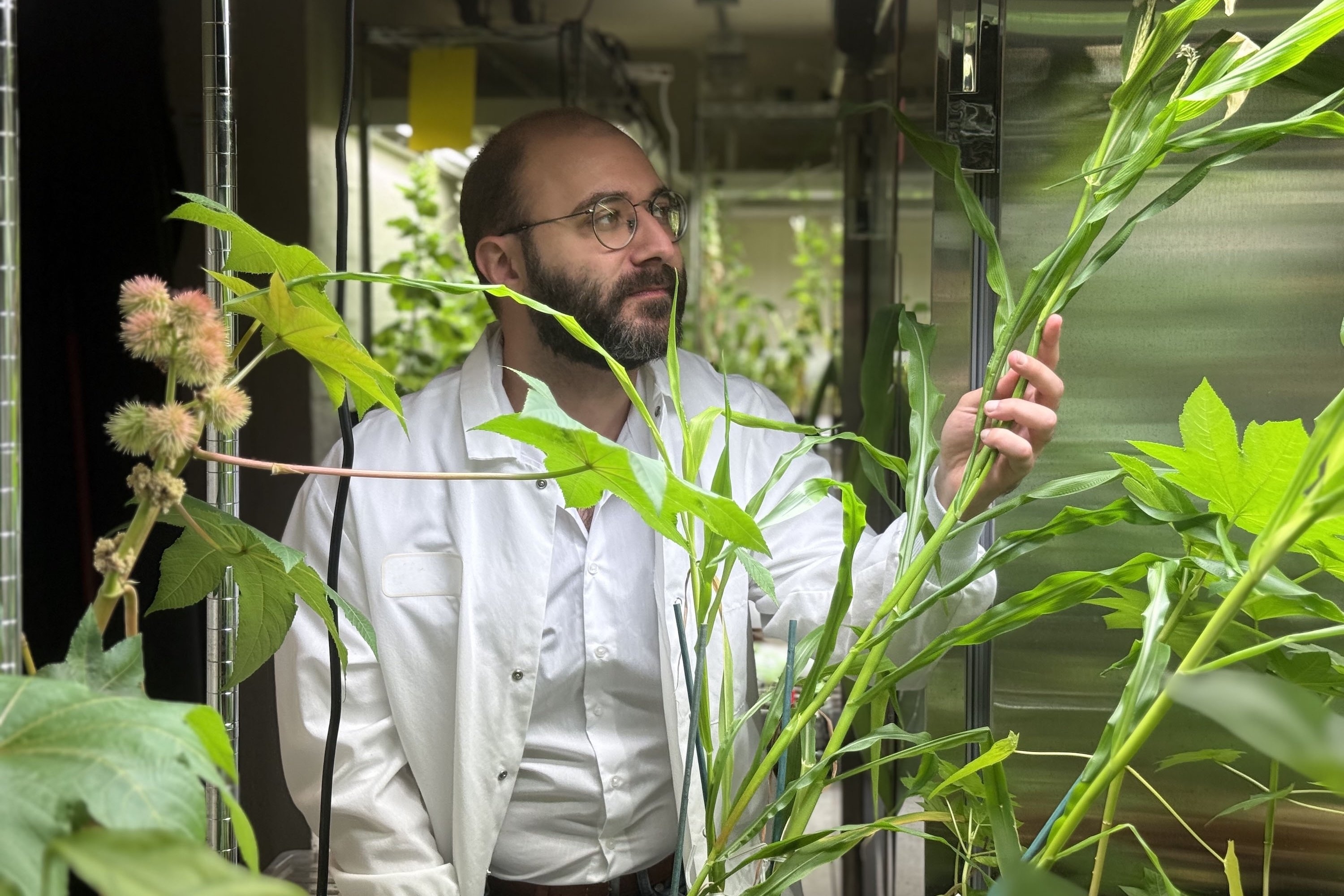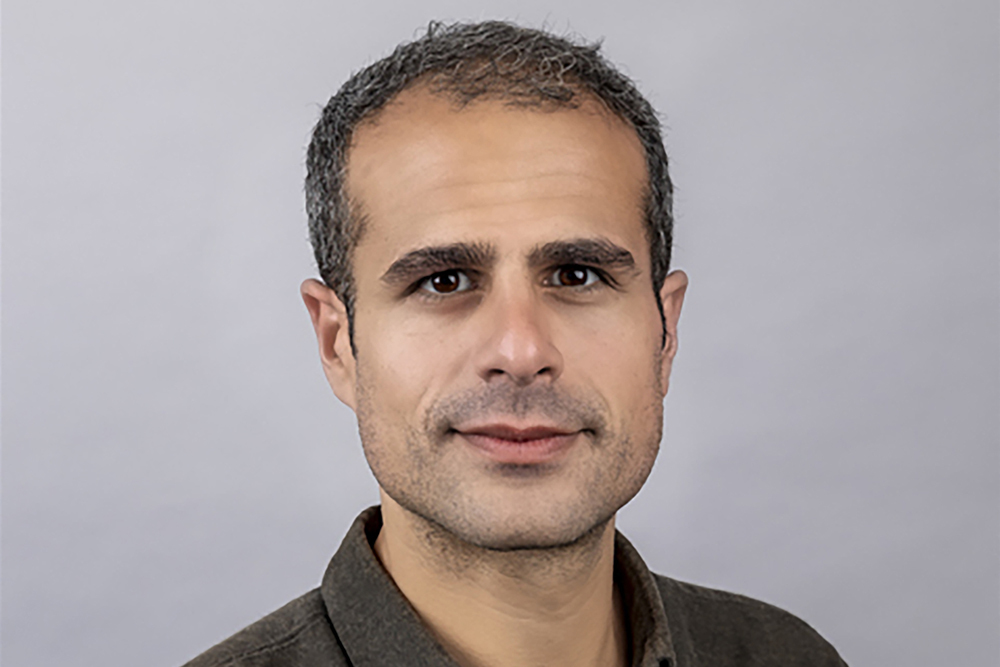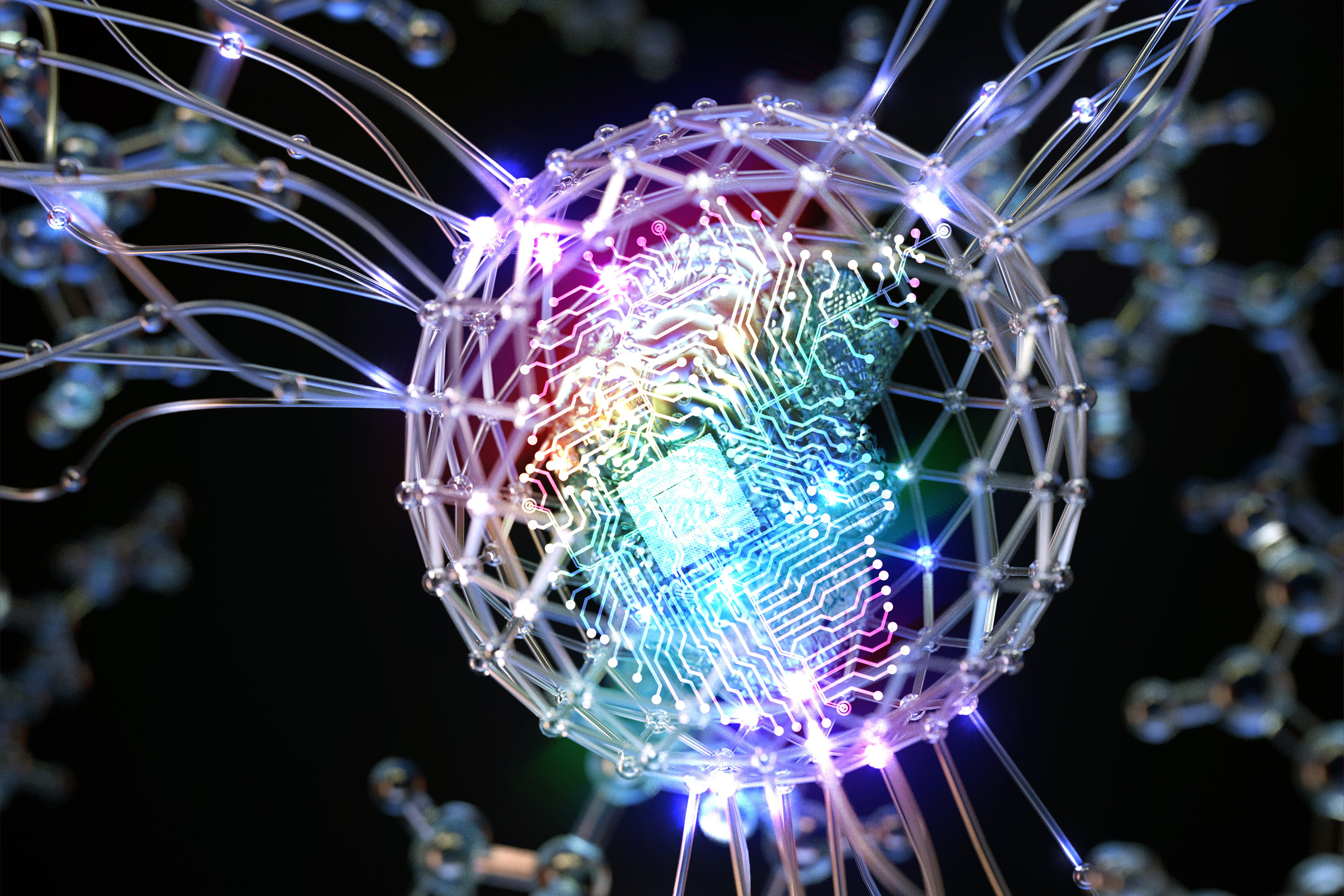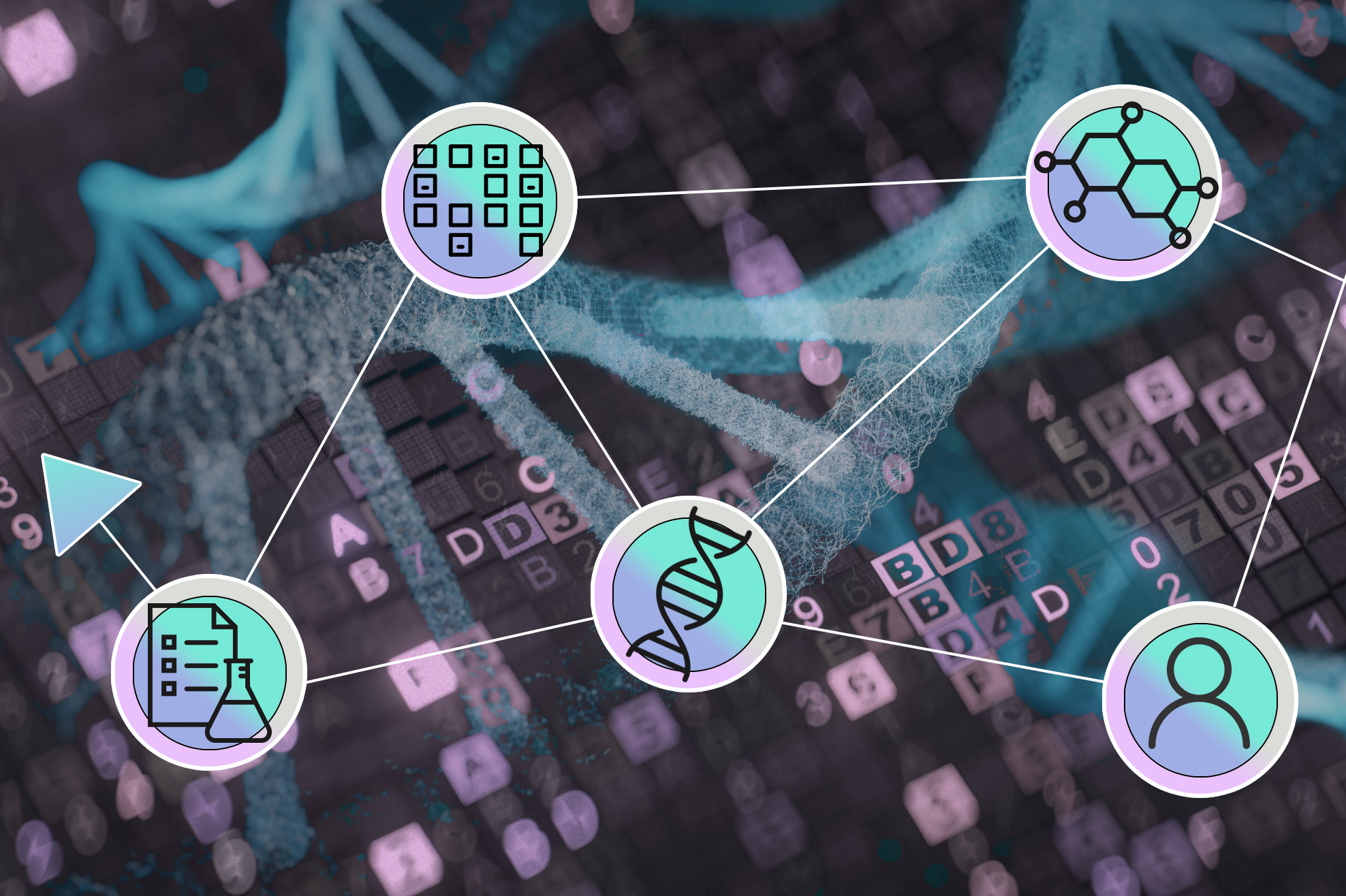Laurent Demanet appointed co-director of MIT Center for Computational Science and Engineering
Laurent Demanet, MIT professor of applied mathematics, has been appointed co-director of the MIT Center for Computational Science and Engineering (CCSE), effective Sept. 1.
Demanet, who holds a joint appointment in the departments of Mathematics and Earth, Atmospheric and Planetary Sciences — where he previously served as director of the Earth Resources Laboratory — succeeds Youssef Marzouk, who is now serving as the associate dean of the MIT Schwarzman College of Computing.
Joining co-director Nicolas Hadjiconstantinou, the Quentin Berg (1937) Professor of Mechanical Engineering, Demanet will help lead CCSE, supporting students, faculty, and researchers while fostering a vibrant community of innovation and discovery in computational science and engineering (CSE).
“Laurent’s ability to translate concepts of computational science and engineering into understandable, real-world applications is an invaluable asset to CCSE. His interdisciplinary experience is a benefit to the visibility and impact of CSE research and education. I look forward to working with him,” says Dan Huttenlocher, dean of the MIT Schwarzman College of Computing and the Henry Ellis Warren Professor of Electrical Engineering and Computer Science.
“I’m pleased to welcome Laurent into his new role as co-director of CCSE. His work greatly supports the cross-cutting methodology at the heart of the computational science and engineering community. I’m excited for CCSE to have a co-director from the School of Science, and eager to see the center continue to broaden its connections across MIT,” says Asu Ozdaglar, deputy dean of the MIT Schwarzman College of Computing, department head of Electrical Engineering and Computer Science, and MathWorks Professor.
Established in 2008, CCSE was incorporated into the MIT Schwarzman College of Computing as one of its core academic units in January 2020. An interdisciplinary research and education center dedicated to pioneering applications of computation, CCSE houses faculty, researchers, and students from a range of MIT schools, such as the schools of Engineering, Science, Architecture and Planning, and the MIT Sloan School of Management, as well as other units of the college.
“I look forward to working with Nicolas and the college leadership on raising the profile of CCSE on campus and globally. We will be pursuing a set of initiatives that span from enhancing the visibility of our research and strengthening our CSE PhD program, to expanding professional education offerings and deepening engagement with our alumni and with industry,” says Demanet.
Demanet’s research lies at the intersection of applied mathematics and scientific computing to visualize the structures beneath Earth’s surface. He also has a strong interest in scientific computing, machine learning, inverse problems, and wave propagation. Through his position as principal investigator of the Imaging and Computing Group, Demanet and his students aim to answer fundamental questions in computational seismic imaging to increase the quality and accuracy of mapping and the projection of changes in Earth’s geological structures. The implications of his work are rooted in environmental monitoring, water resources and geothermal energy, and the understanding of seismic hazards, among others.
He joined the MIT faculty in 2009. He received an Alfred P. Sloan Research Fellowship and the U.S. Air Force Young Investigator Award in 2011, and a CAREER award from the National Science Foundation in 2012. He also held the Class of 1954 Career Development Professorship from 2013 to 2016. Prior to coming to MIT, Demanet held the Szegö Assistant Professorship at Stanford University. He completed his undergraduate studies in mathematical engineering and theoretical physics at Universite de Louvain in Belgium, and earned a PhD in applied and computational mathematics at Caltech, where he was awarded the William P. Carey Prize for best dissertation in the mathematical sciences.
Latest MIT News
- Why some quantum materials stall while others scaleIn a new study, MIT researchers evaluated quantum materials’ potential for scalable commercial success — and identified promising candidates.
- Earthquake damage at deeper depths occurs long after initial activityWhile the Earth’s upper crust recovers quickly from seismic activity, new research finds the mid-crust recovers much more slowly, if at all.
- Engineering next-generation fertilizersMIT postdoc Giorgio Rizzo harnesses plant chemistry to design sustainable fertilizers that could reshape modern farming.
- Optimizing food subsidies: Applying digital platforms to maximize nutritionAn algorithm can change the face of food assistance policy in the Global South, says MIT assistant professor and J-WAFS researcher Ali Aouad.
- Checking the quality of materials just got easier with a new AI toolActing as a “virtual spectrometer,” SpectroGen generates spectroscopic data in any modality, such as X-ray or infrared, to quickly assess a material’s quality.
- Helping scientists run complex data analyses without writing codeCo-founded by an MIT alumnus, Watershed Bio offers researchers who aren’t software engineers a way to run large-scale analyses to accelerate biology.



